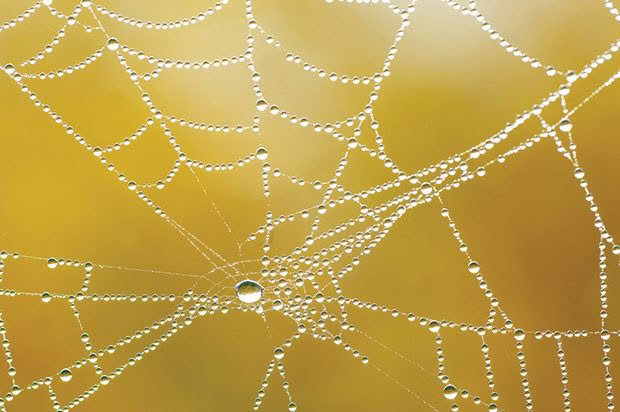Polly Greeks: The magic of aliveness

What’s the secret to ageing well? Polly may have found it.
Even before autumn’s leaves dropped, tiny nubbins swelled along the peach tree branches. When days were at their shortest, encased by the opaque darkness of winter night, the bare wood of plum trees bulged with future eruptions of blossom. Spring will come, the garden promised. Some things are certain. A summer of some sort will follow. Brief, translucent nights will intersperse the light-flooded days. Nature is habitual in this regard. Marooned in a sun-starved, sodden landscape, there is comfort in this.
But in humans, predictability comes with a caveat. Sameness can lead to staleness. Lately, I’ve been observing older adults for clues on ageing well. Physically, it’s very obvious the pathway to good health when you’re 95 begins now, with your very next mouthful. Let food be thy medicine, Hippocrates said. We all know the formula. What you put in, you get out.
Hippocrates probably would’ve added stretching and movement to his medicinal adage, except couch potatoes weren’t a thing in his time. While a daily routine of exercise and healthy eating qualifies as habitual behaviour, the sept- and octogenarians I’ve been admiring aren’t at all stale as they dig their veggie gardens, perform downward dogs and complement micro-dosing with intermittent fasting. They’re still tucking into life like people who savour flavours.
Old age highlights degrees of aliveness. Watching relatives, friends and parents of friends slide into their dotage, the vibrancy spectrum is noticeable. Animation isn’t increased by money (although my richer elders do sport more gleaming fangs and take jazzier holidays) or, necessarily, by the sturdiest limbs; instead, I’ve concluded, the most vivacious oldies are the most connected to the Unknown.
By that, I mean that they’re paying attention to the details as they unfold before them instead of seeing what they expect to see. They’re still experiencing things for the first time, even if they’ve done a task a million times. The ones who seem less alive move mechanically through routines that have turned into ruts. They do the same things they’ve always done. Stuck in old stories, caught in familiarity, they’ve congealed. Repetitive responses form a barrier, preventing connection to the ever-changing Now. They’re not fully present.
At a recent winter gathering, a friend gifted me a plant tincture said to aid lucid dreaming. Nothing much happened with the prescribed drop under my tongue, so several nights later, I recklessly gave the bottle dropper a good squeeze and nestled eagerly into the pillow. The nightmare was horrific. A demon craving human souls was trying to enter my room. Waking up inside the dream, I was paralysed with terror until I remembered the lucidity drops. “Do something,” I urged myself. When I looked at my hands, I suddenly felt them tingle with power. Jets of light blasted out, burning the demon to nothing.
There’s an art to loving life. Since that dream, I’ve been considering the similarities between lucid dreaming and luminous living. In lucid dreams, you remember you’re the creator and can do and be anything you want without limitations. At the heart of such reveries lies an absolute faith in one’s ability to respond and adapt triumphantly to any situation. Possibly the key ingredients are awareness and trust.
Luminous living involves keeping that connection to the creator. I think a particular intelligence flows from the heart when it’s open. When you suspend all reaction and become totally present, a spaciousness unfolds, enabling you to simultaneously accept what is and consciously choose how to respond in whatever best suits your needs.
The older adults I admire notice beauty like signposts on the path of awareness. A dew-laden spiderweb, a wind-whipped forest, morning mist rising from the hills like a soft exhalation. They’re curious. They know there’s still so much to learn. Their wisdom comes from a lifetime of observation. They like to laugh. They’ve faced themselves and found love despite scars. And they know magic happens when they say yes.
Love this story? Subscribe now!
 This article first appeared in NZ Life & Leisure Magazine.
This article first appeared in NZ Life & Leisure Magazine.
